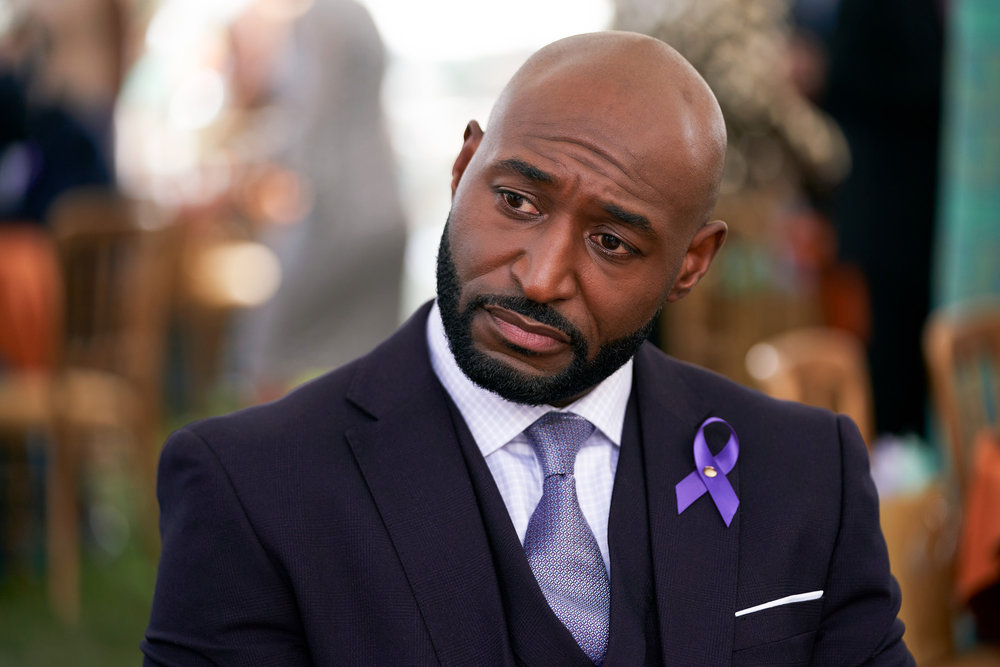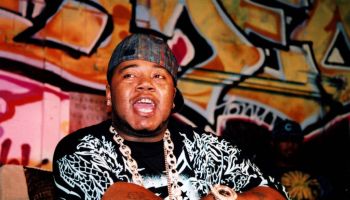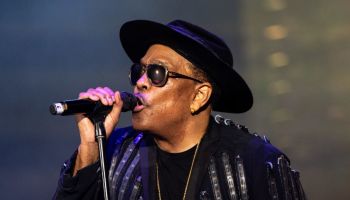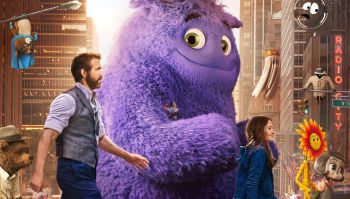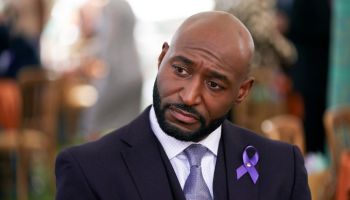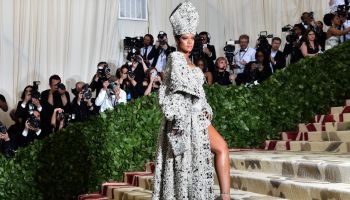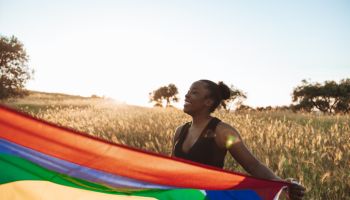Why is it so hard for Americans to talk about race? It has been the proverbial elephant in the room since before any of us were alive, but nobody wants to really address that it’s stinking up the place. Perhaps it’s the fact that we will have to discuss our country’s confusing and often painful history. Or maybe it’s because some of us are too ashamed of our ancestor’s actions to even acknowledge that the game is rigged, even just a little bit. Racial conversations are uncomfortable, and very few of us are really equipped to deal with them in a meaningful way. Regardless, our country’s inability to have any type of meaningful discussion about the way race impacts society is having a clear and devastating impact. Consider Jordan Davis, Trayvon Martin, and Darius Simmons, all three teenagers killed for no reason other than because they were young black men.
A couple of weeks back, President Obama announced that he was going to try to do something to reverse the trend of ignoring race and its impact on social outcomes. Launching a program called My Brother’s Keeper before a backdrop of a dozen or so teenage young men of color, the president informed the nation that he had already garnered $200 million in commitments from philanthropists and private corporations to support young men of color. Although Obama had hinted that he was working on a program immediately following the acquittal of George Zimmerman, many speculated that the President would be unable or unwilling to tackle racial issues from his seat in the Oval Office. After all, on many occasions he’s stated that he was elected to serve the entire country, not just one demographic.
Announced just days after the killer of 17-year-old Jordan Davis (temporarily) got away with murder, My Brother’s Keeper could forever alter the way society engages men of color and redefine black masculinity and leadership. After all, just 10 years ago many of us thought we would never have a black president. Perhaps Obama’s effort to increase educational opportunities and access to workforce development programs will force our country to finally deal with the fact our economy and educational systems are still running on a 20th century operating system, complete with glitches in the code that make it harder for some of us to compete on a level playing field.
You don’t need a degree from MIT to interpret the social data: overwhelmingly, kids living in inner cities like Chicago face more inherent obstacles than those living in places like Palatine, a northern Chicago suburb. Black males, particularly, face an uphill battle as joblessness and the War on Drugs are kicking ass and taking names in major urban area in the country. Numbers don’t lie, and all the data suggests that young black males are more likely to be jobless, incarcerated, and die young when compared to any other demographic. By all measurements, things have gotten worse under the watch of America’s first black President. Those are the facts.
Now, the President is jumping head first into one of America’s most sensitive topics.
While everyone agrees that $200 million isn’t enough to unwind the tangled intersection of race and economic inequality, the president’s actions strengthen the hand of those trying to fix the problems plaguing young men of color. Bolstered by philanthropists at the Open Society Foundation, the Knight Foundation and the Kapor Center for Social Impact, Black Male Achievement programs are popping up all across the country, most of them lead by black activists and entrepreneurs.
Critics will argue that My Brother’s Keeper focuses too much on one gender, or that the program doesn’t have any real policy implications. They are missing the point. A sizable investment in communities of color will increase the capacity for community organizations and local government to run successful programs and build power. More importantly, critics and naysayers are ignoring the incredible fact that the President of the United States has reopened a national conversation about race and its impact on society. Not since Lyndon B. Johnson has the American government worked proactively on racial issues.
The best thing about this moment is that we have a lot of power to shape the discussion and dialogue. Throughout his tenure, President Obama has been explicit that he needs thought partners and practitioners to get involved in shaping his policy platforms.
Now is the time for us to be sharing our success stories both via the White House’s website, and with the hashtag #MyBrothersKeeper. Get connected to organizations like Echoing Green, the Philadelphia Youth Commission, the BYP100, the League of Young Voters, and the Dream Defenders. All over the country there are youth organizations and leaders who have been engaged in setting the stage for this important moment in history.
We can choose to ignore the huge window the president opened for us, or we can work to inform and shape how the programs should interact with our community. While our cultural and personal differences make us stronger, we are all linked to a common fate, regardless of our racial or ethnic backgrounds. My Brother’s Keeper is a powerful reminder that when we work together, we don’t have to be afraid of the elephant attempting to stop us all getting a seat at the table.
#mybrotherskeeperblackmaleachievement
Dr. Robert “Biko” Baker is the Executive Director of the League of Young Voters, and a nationally-recognized leader. Based in Milwaukee, Baker is a pioneer in running city-level, data-riven voter turnout campaigns that dramatically increase the voter participation of young urban citizens. A leading voice on field campaigns targeting young African American voters, Baker serves as the chair of the Evaluation Committee of Milwaukee’s Black Male Achievement Council, on CIRCLE’s research advisory board and is a board member of the New Organizing Institute. He is also a well known communicator around elections as well as cultural and political issues including gun violence and voting rights. In addition to being a former contributor to The Source, he has appeared on C-SPAN, Fox News and CNN. A popular and powerful speaker at conferences and events, Baker has interviewed luminaries Cornel West, Russell Simmons, and Howard Dean, and has been on panels with many of the nation’s strongest progressive voices. Baker holds a Ph.D. in History from UCLA.
